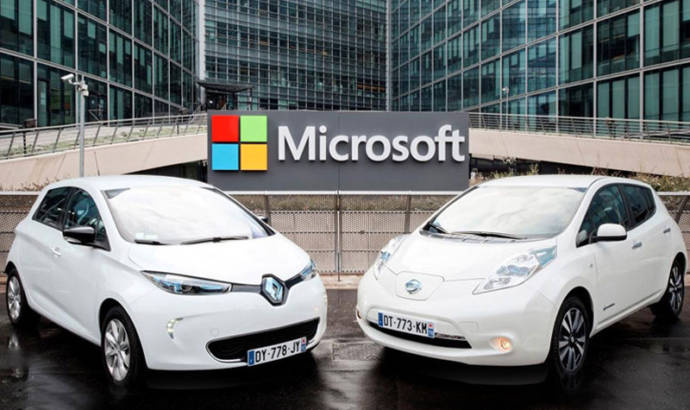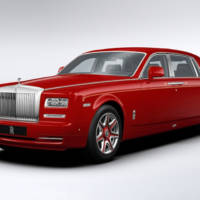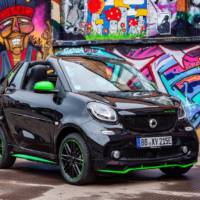As every major manufacturer looks for a suitable partner in developing future technology found in its cars, Renault-Nissan Alliance decided to go with Microsoft. The American giant recently signed a partnership with the French Alliance that will help them work together on next-generation technologies to advance connected driving experiences worldwide.
The companies will develop next-generation connected services for cars powered by Microsoft Azure, one of the company’s cloud offerings. These new services will improve customer experience via advanced navigation, predictive maintenance and vehicle centric services, remote monitoring of car features, external mobile experiences and over-the-air updates.
"A car is becoming increasingly connected, intelligent and personal," said Ogi Redzic, Renault-Nissan Alliance senior vice-president, Connected Vehicles and Mobility Services. "Partnering with Microsoft allows us to accelerate the development of the associated key technologies needed to enable scenarios our customers want and build all-new ones they haven’t even imagined. We aim to become the provider of connected mobility for everyone with one single global platform."
The Renault-Nissan Alliance is pioneering autonomous driving and connectivity features on mainstream, mass-market vehicles. The Alliance aims to develop connectivity technologies and features to support the launch of more than 10 vehicles with autonomous driving technology by 2020 with services to maximize better use of newly found in-car free time. In other words, so you dont get bored while the car is doing all the work for you.
Microsoft Azure provides a proven, secure global cloud platform with unlimited scale that allows Renault-Nissan to deliver services worldwide to its broad customer base.
Renault-Nissan will continuously develop and launch new connected services and applications that make it easier for people to stay connected to work, entertainment and social networks, and offer vehicle centric services that will simplify and enhance engagement with the car through usage-based information, remote access, remote diagnostics and preventive maintenance.



